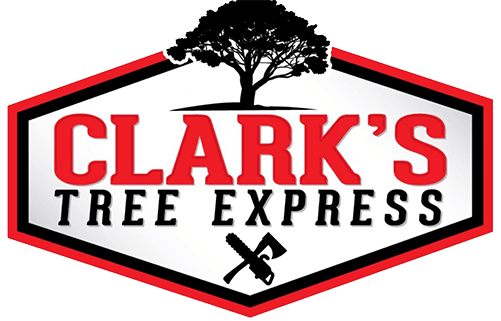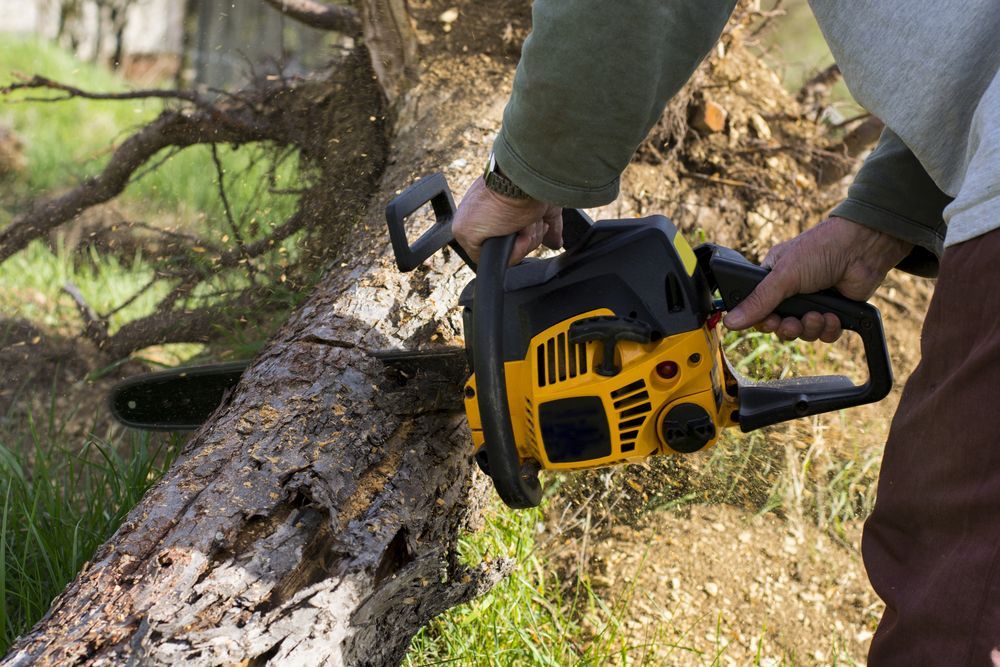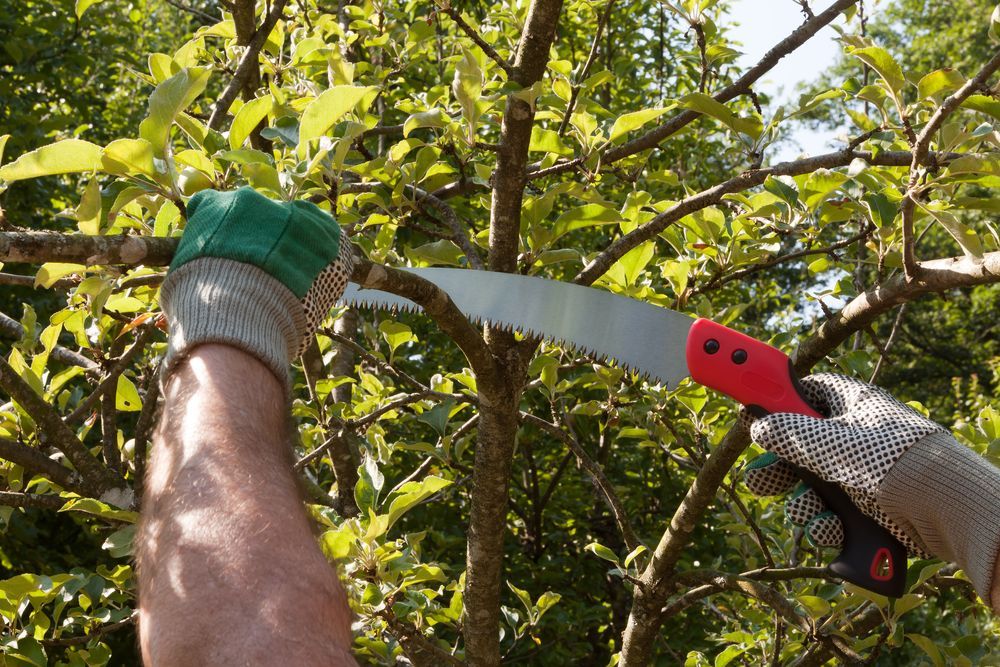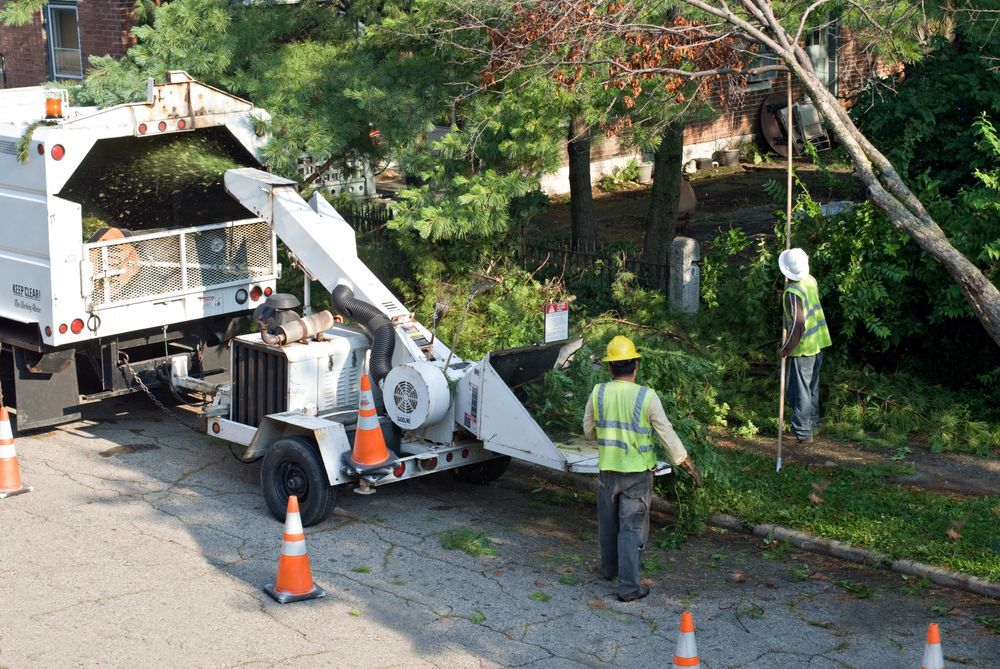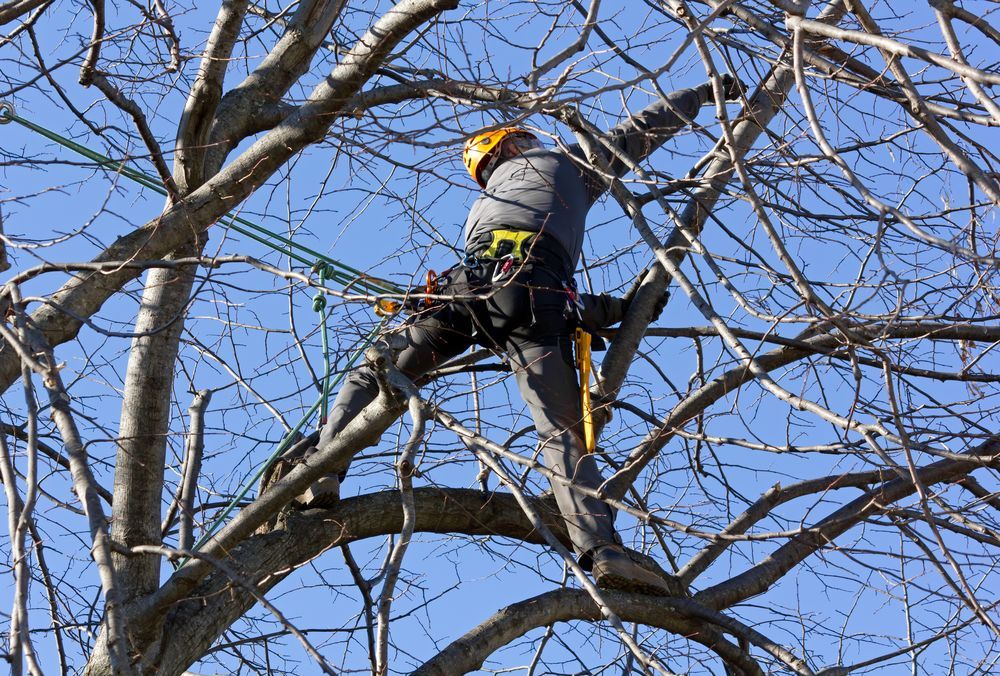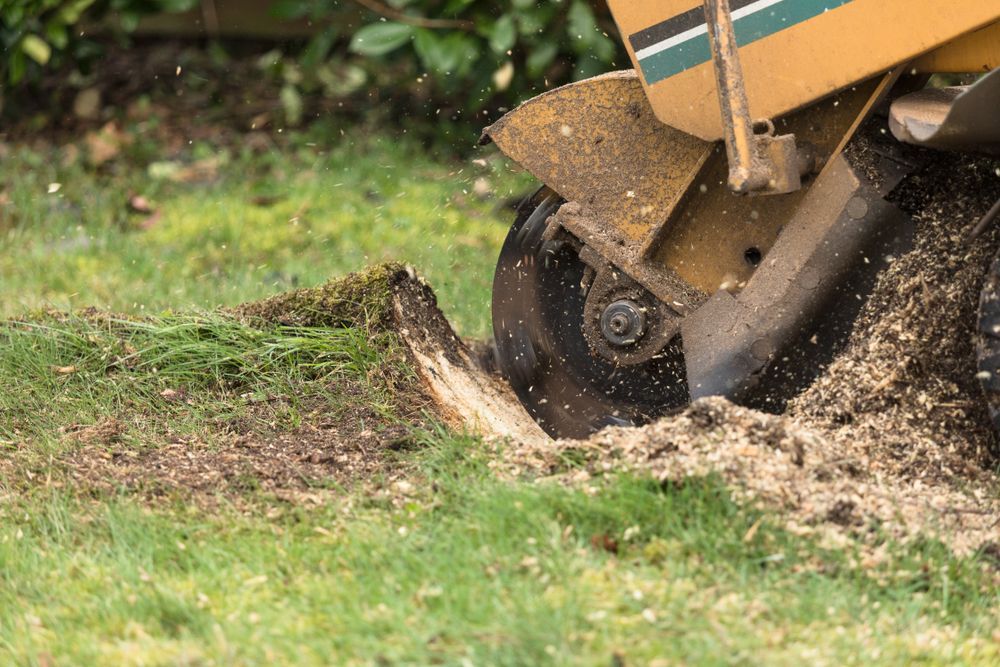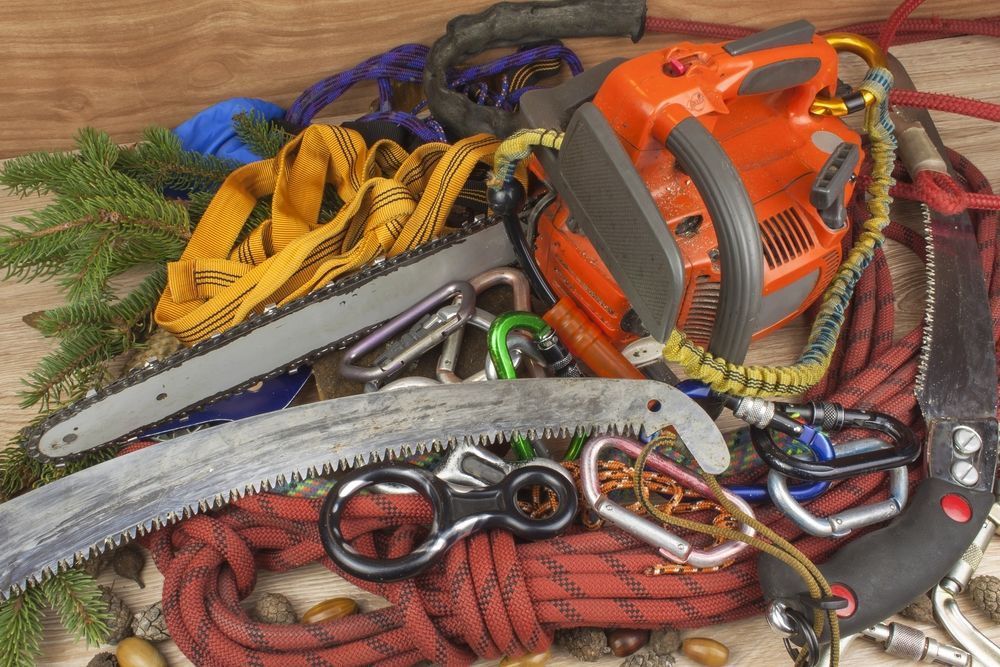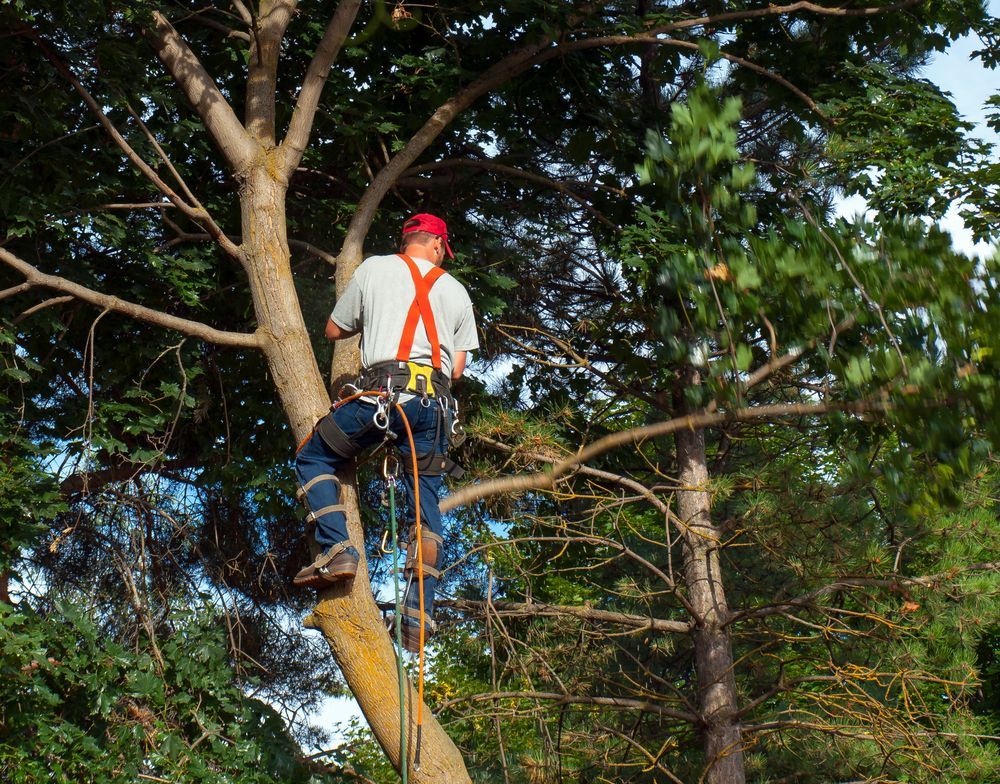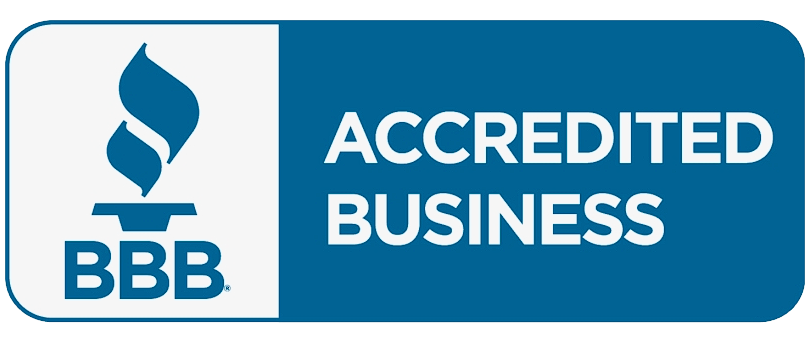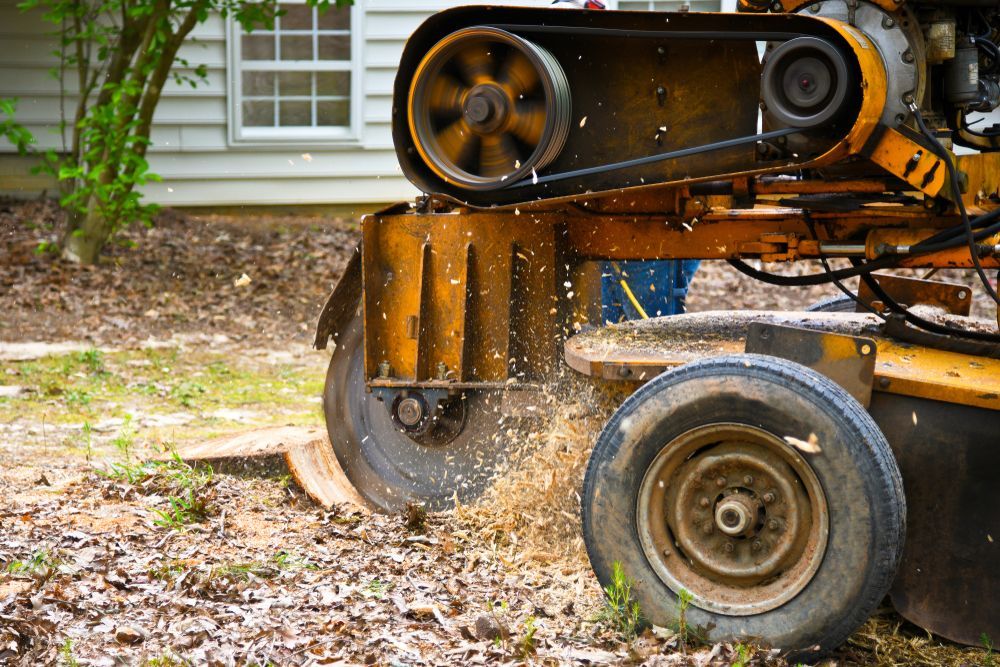
What to Know Before Getting Stump Grinding After Tree Removal
You’ve had a tree removed from your yard in Huntersville, but now you’re left with a stubborn stump. At first, it might not seem like a big deal. After all, the tree is gone. But stumps can create hidden problems—from attracting pests to making lawn care difficult—and removing them usually requires stump grinding.
Before you schedule the service, it’s important to understand how stump grinding works, what to expect, and whether it’s the right option for your property. This guide will walk you through the essentials so you can make an informed decision.
What Is Stump Grinding and Why It Matters
Stump grinding is the process of using specialized equipment to grind a tree stump into wood chips after the main trunk has been removed. Unlike stump removal, which pulls out the entire root system, grinding focuses on breaking down the visible stump and some of the roots below the surface.
Here are the main reasons stump grinding is worth considering:
- Prevents pests and disease
Old stumps attract termites, ants, beetles, and fungi, which can spread to nearby healthy trees or even your home. - Improves safety
Exposed stumps are tripping hazards, especially in family yards or high-traffic areas. - Enhances curb appeal
A smooth, clean yard looks far better without awkward stumps sticking out. - Frees space for new projects
Grinding opens up space for replanting, landscaping, or lawn expansion. - Prevents regrowth
Some tree species sprout new shoots from the stump. Grinding stops unwanted regrowth at the source.
In Huntersville and the Lake Norman region, stump grinding is a common follow-up to tree removal because it’s efficient, safe, and restores your property’s usability.
The Stump Grinding Process
If you’ve never hired a stump grinding service before, it helps to know what the process involves. Here’s a step-by-step overview of what typically happens:
- Site Inspection
- The crew assesses the size, type, and location of the stump.
- Obstacles like fences, rocks, or utility lines are noted before equipment is brought in.
- Equipment Setup
- A stump grinder—a powerful machine with a rotating cutting wheel—is positioned over the stump.
- Depending on the stump size, crews may use walk-behind grinders or larger, truck-mounted versions.
- Grinding the Stump
- The grinder shaves the stump layer by layer, turning it into mulch-like chips.
- Typically, grinding goes 6–12 inches below ground to ensure the stump won’t resurface.
- Debris Management
- Wood chips can be left as mulch, spread around the yard, or hauled away, depending on homeowner preference.
- Final Grade and Cleanup
- The area is leveled so it blends seamlessly with the lawn.
- Homeowners can re-seed grass, plant shrubs, or prepare for new landscaping.
Stump grinding is usually completed within a few hours, though larger or multiple stumps may take longer.
Key Considerations Before Stump Grinding
Not every situation is the same. Here are important factors homeowners should think about before booking stump grinding:
- Tree size and species
Hardwoods like oak may take more time and power to grind than softer trees like pine. - Stump location
Stumps close to foundations, driveways, or underground utilities require extra care. - Depth of grinding
Standard grinding is 6–12 inches, but deeper grinding may be requested if you plan to replant in the same spot. - Soil and yard conditions
Rocky or sloped terrain may affect how the grinder is positioned and how long the job takes. - Cost factors
Pricing is usually based on stump diameter, number of stumps, and accessibility. Some companies also charge for cleanup or hauling away debris.
By knowing these details in advance, you’ll be better prepared to discuss options with your tree service provider.
FAQs
- How much does stump grinding cost in North Carolina?
On average, stump grinding ranges from $100 to $400 per stump, depending on size, accessibility, and cleanup needs. - Is stump grinding better than full stump removal?
Grinding is less invasive, quicker, and more affordable than full removal. Full removal may be necessary if you need to completely eliminate roots for construction purposes. - Will the tree grow back after grinding?
No, grinding significantly reduces the chance of regrowth, though some species may attempt to sprout small shoots. These are easily mowed or treated. - Can I use the wood chips from stump grinding?
Yes, wood chips make excellent mulch for flower beds, paths, or natural ground cover. - Do I need to call before grinding near utilities?
Yes, always. If a stump is near underground lines, utility companies should be contacted before work begins.
Conclusion
Stump grinding is the final step in truly finishing a tree removal. It restores your lawn’s appearance, improves safety, and prevents long-term issues like pests or regrowth. For Huntersville homeowners, professional stump grinding ensures the job is done safely, efficiently, and with minimal disruption to your property.
If you’ve recently had a tree removed—or plan to soon—consider scheduling stump grinding as part of the process. The result is a cleaner, safer, and more usable yard that’s ready for your next landscaping project.
